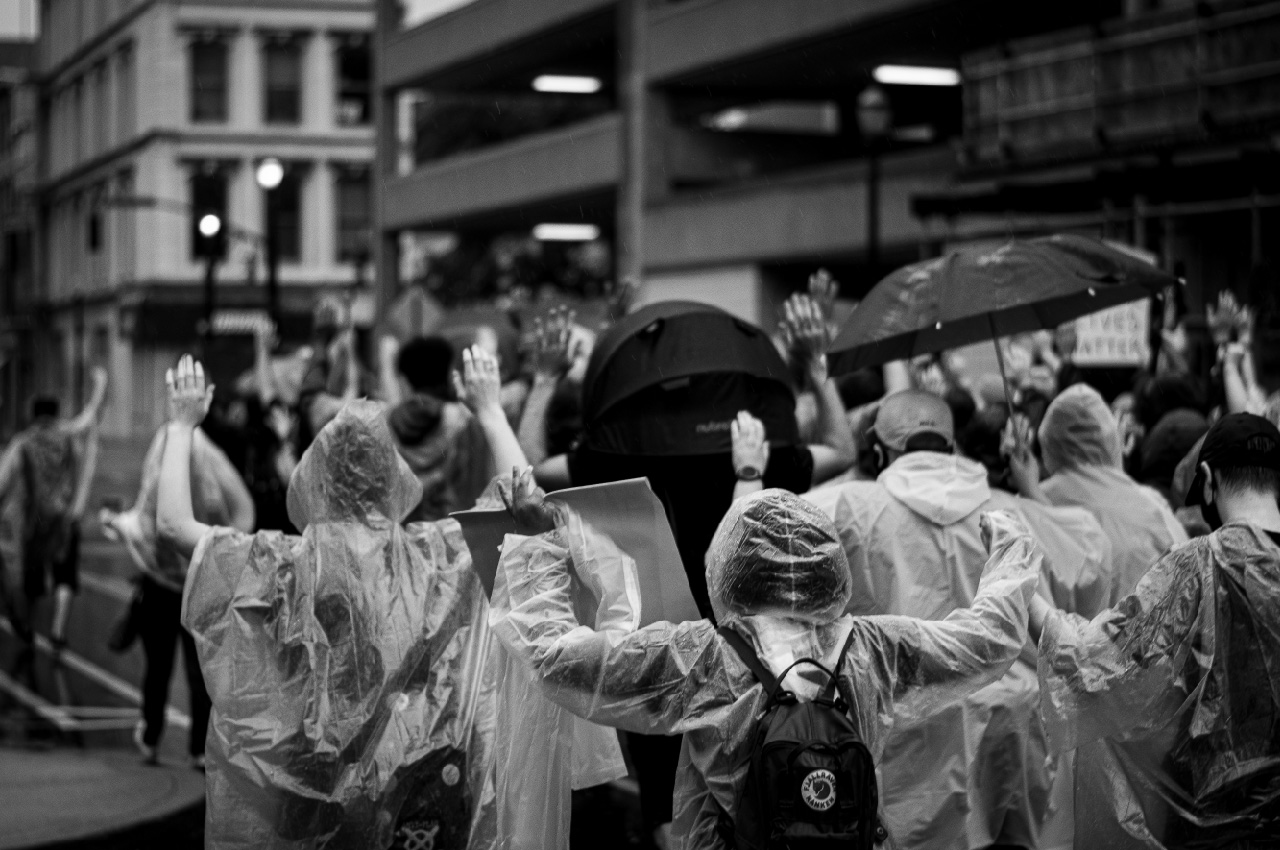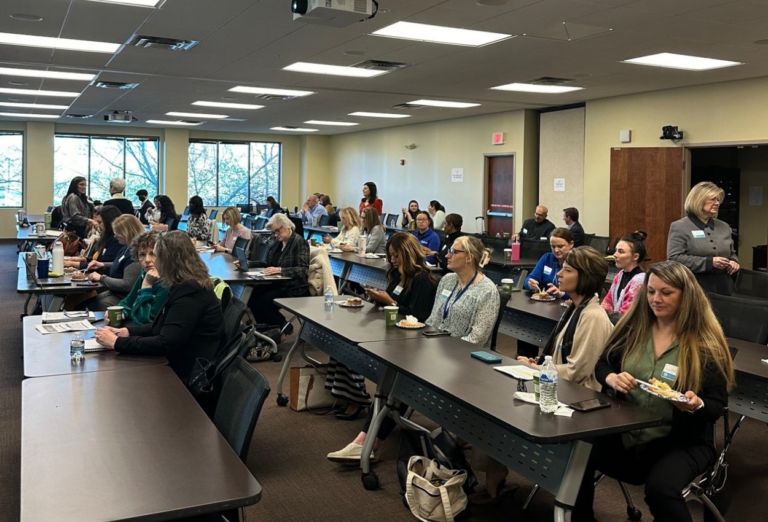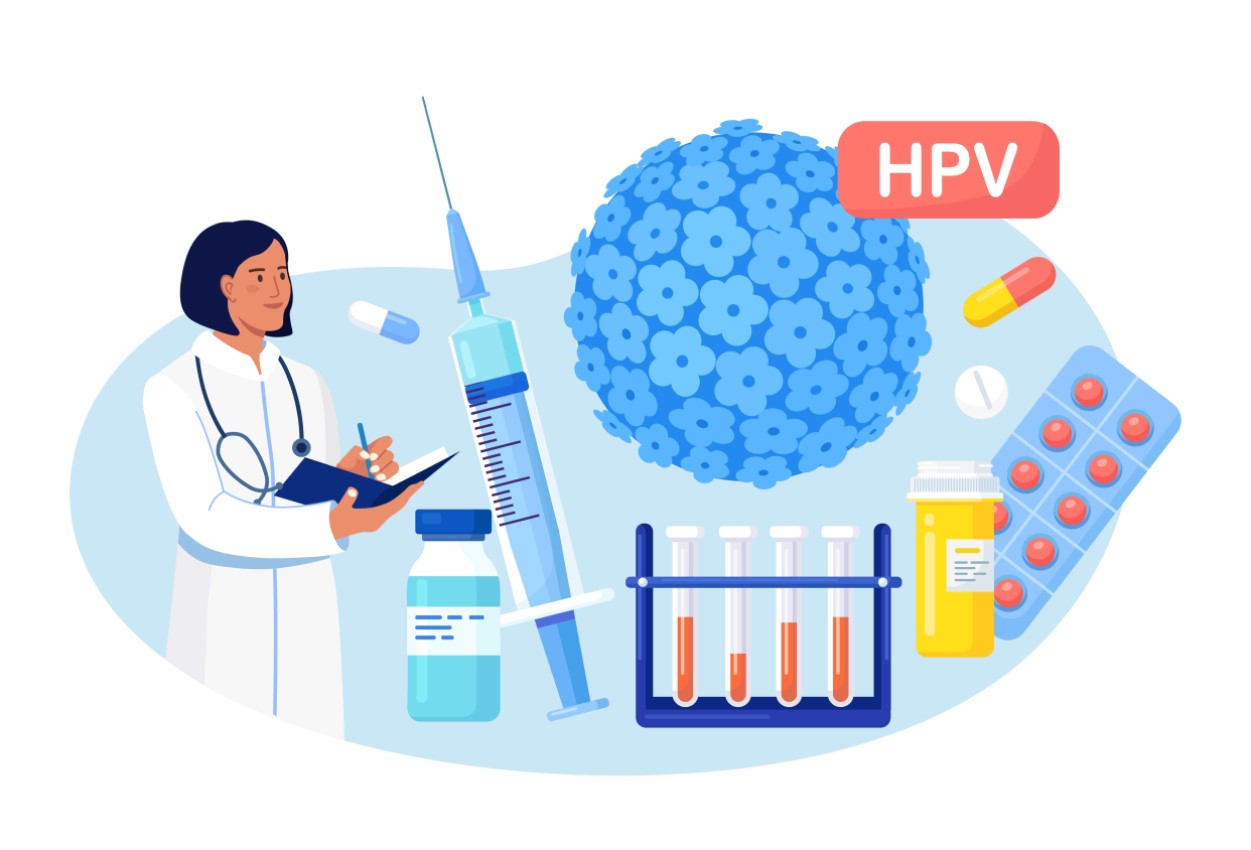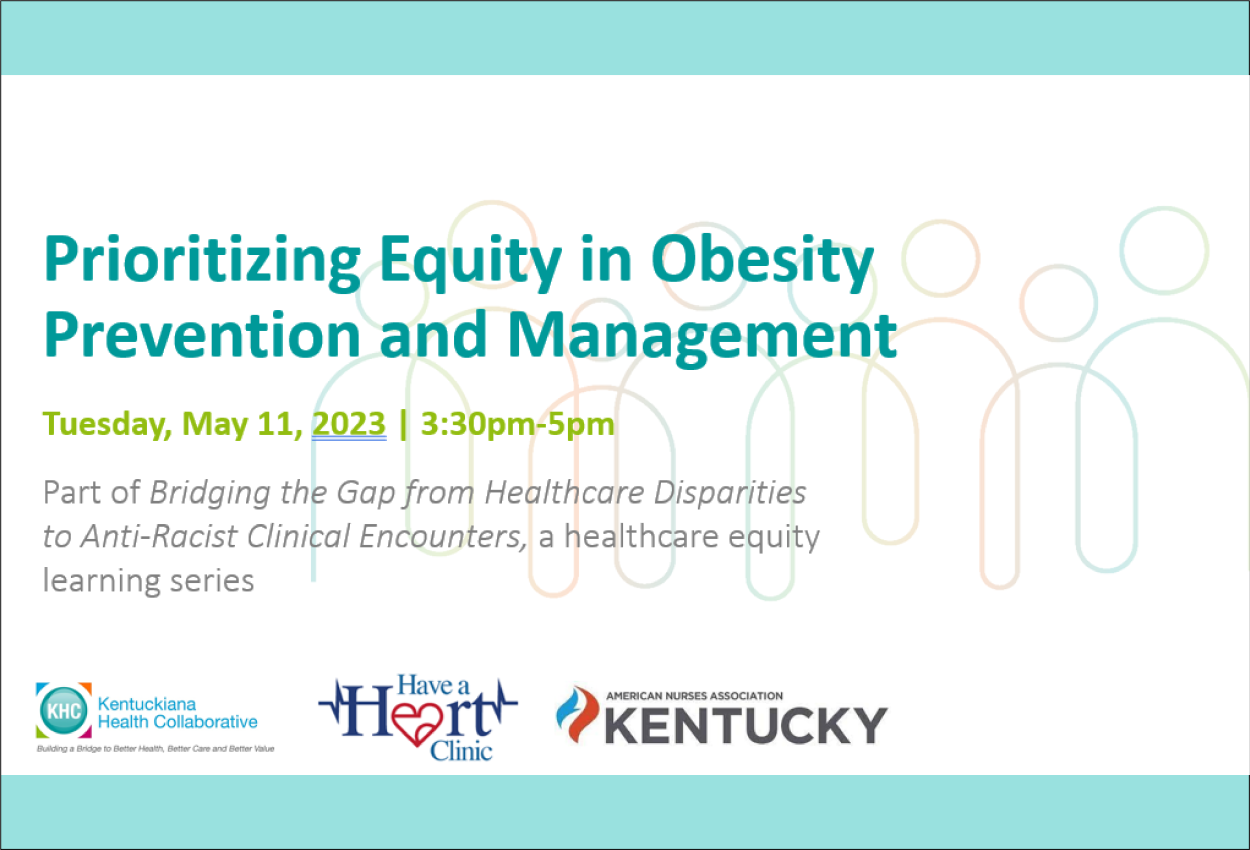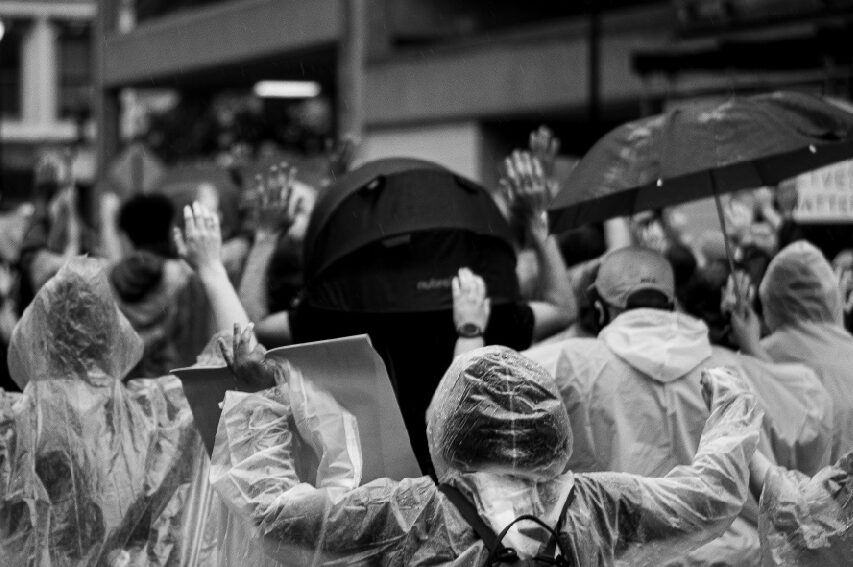
A year ago today, Breonna Taylor’s life ended, when she was killed in her Louisville home; the same day I left to travel to my mom’s to begin the end of her life as she knew it. Two days before that, the WHO organization declared the coronavirus a global pandemic and life as we knew it ended and a new normal began. A year ago, this week marked so many milestones impacting all of our lives, including mine.
The tragic and senseless murder of Breonna Taylor a year ago ended her life, her hopes, her dreams, and began the heartbreak of her loved ones, our community, and a nation. Her death, alongside George Floyd’s and countless others, put Louisville at the epicenter of the current racial justice movement with demands for accountability for police brutality and calls to action to address racism that persists within our society. As I reflect on where our community is a year from her death, we are still without justice, still angry, still suffering, but have began a reckoning with racial justice in ways I have never witnessed. As a white cisgender woman, I have personally been on a journey to better understand the history and experiences of communities of color and white privilege. I thought I was an ally and supporter with my egalitarian belief systems and professional background in diversity and inclusion, but I have so much more to learn, unlearn, and do to help create a fair, just, and equitable society. The systems of power and oppression are more pervasive than I had fully realized.
Two days before Breonna Taylor’s death, we were working desperately to create individual lunches, purchase the last bottles of hand sanitizer, and find creative ways to separate attendees by six feet for our annual conference on “Humanizing Healthcare.” But with the first coronavirus case in Louisville, we switched to a virtual event with 48 hours notice. Our team began working remotely like many others that were privileged to not be essential frontline workers, and we became part of our community’s call for racial justice as the disparate impact of the COVD-19 pandemic on Black and Brown communities highlighted the urgency to advance health equity. Three days ago, we held our 7th Annual conference, “Optimizing Health: Equity, Value, and Well-being,” virtually again. Expert speakers shared powerful, tragic, and hopeful stories and education about the historical and contemporary racism that persists in the healthcare delivery system and how to achieve health equity and reduce disparities. Over this last year, I have seen and felt the burden my colleagues of color have carried in being vulnerable and courageous in their storytelling for those of privilege to understand racialized experiences and the traumatic impact on their health and well-being. We have seen an awakening that being neutral on race is no longer an option but rather anti-racism is required to achieve equity. And this week, the KHC announced its anti-racist educational series for its members to do the internal work on learning to become anti-racist in their own lives, organizations, and community.
On the same day of Breonna Taylor’s death, I travelled to my mom’s to begin the end of life as she knew it. My joyful and social mother was never fully convinced that her world should shrink as it did with COVID-19 as she was nearing the end of her life in home hospice care. My mom’s social connections to family and friends was as necessary to her living as oxygen. But, we had been preparing for her death for 11 years, and I knew she wanted to be surrounded by the people she loved and that loved her when it was time for her to exit this world. COVID-19 could rob her of this, so I packed up, left my family, and went to isolate with her as she was unable to care for herself alone. As devastating as COVID was to the end of my mom’s life, remote work was a bright spot that allowed me to spend several months at her home caring for her, rotating with my brothers and her devoted caregivers, making memories, and surrounding her with the love and support she deserved at the end of her life’s journey.
My mother had a lifelong passion for social justice that she passed down from her dad and to me. Like me, she felt so much pain and outrage for the inhumanity and injustice against others and was filled with pride and hope in a generation of activists of all races, ethnicities, ages, religion, and genders that stood side by side to fight together for racial justice. As a hairdresser turned social worker, she rooted for everyone to live a life of joy and to their fullest potential. It’s been nearly four months since my mom’s death, and I miss her fiercely. The bonds of a mother and daughter are unbreakable, and on this day, I hope for justice for Breonna Taylor’s mother, whose dreams for her daughter’s life ended a year ago today. As I reflect on the anniversary of Breonna’s death, I see the connection between so many beginnings and ends, both painful and hopeful. This is why the fight for racial justice continues and why the world continues to “Say Her Name.”
